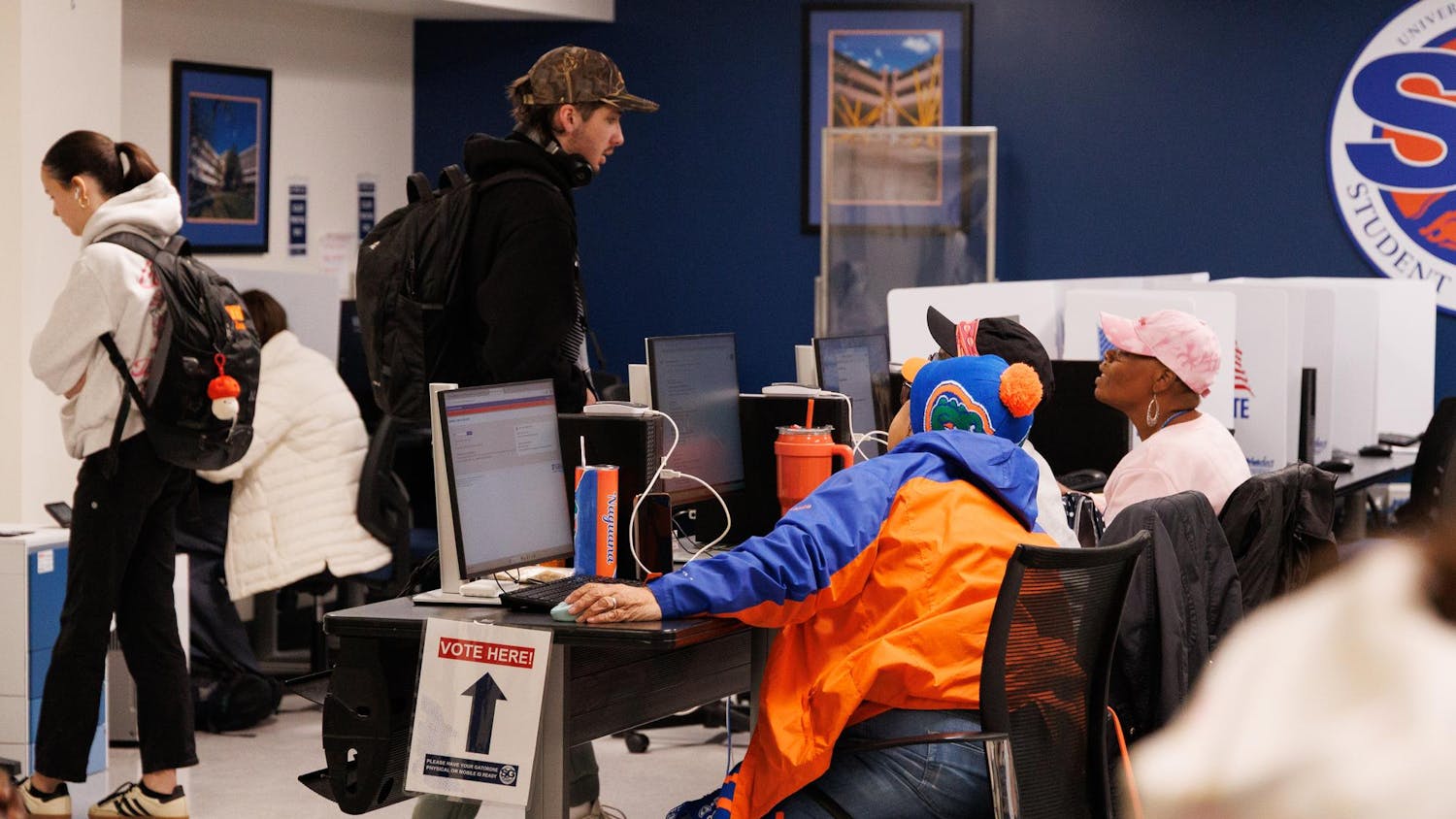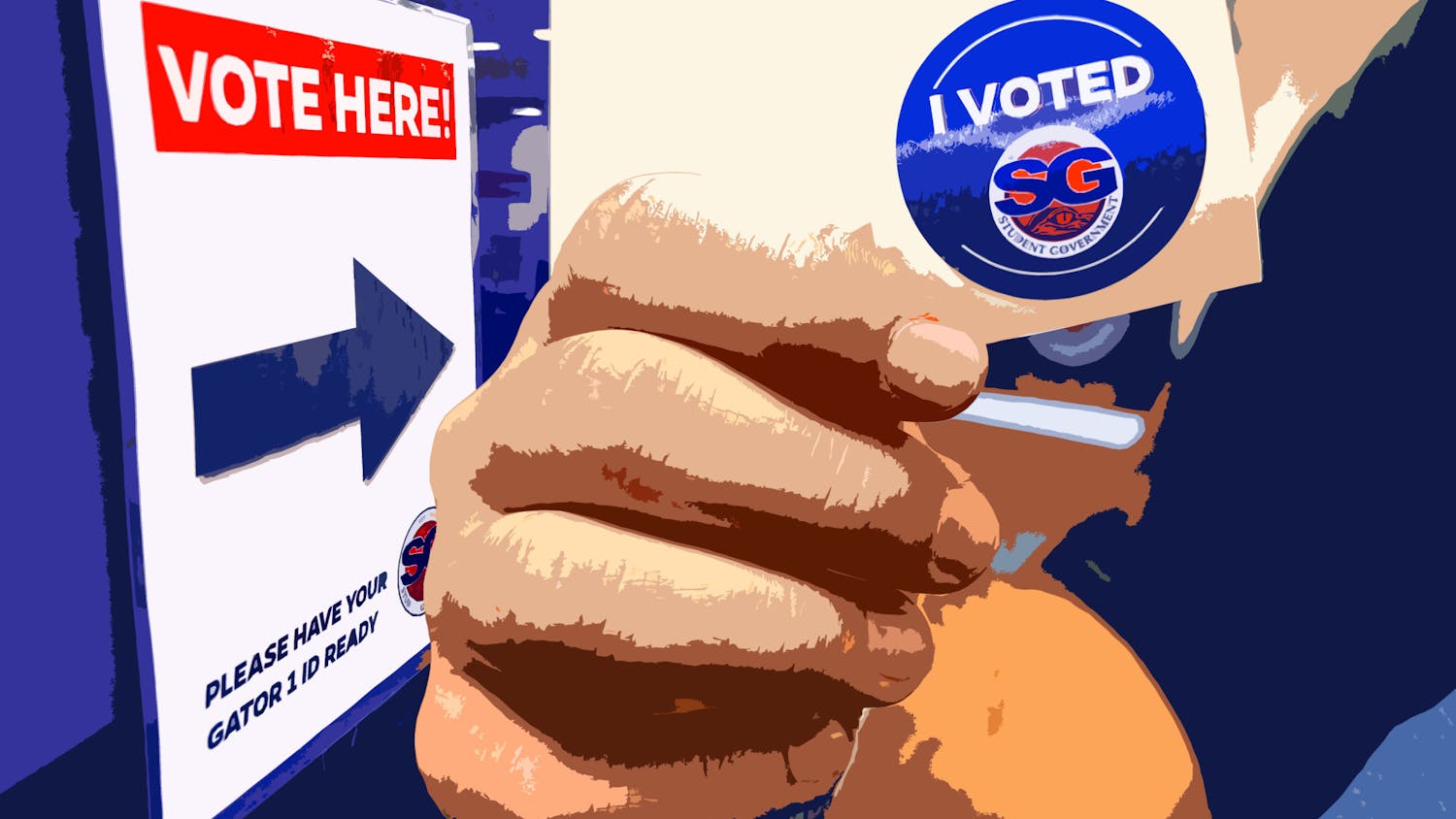Researchers want the chance to blaze new ground in medical marijuana treatments. Across the country, many are pushing for marijuana to be classified as a Schedule II drug, the group for drugs with no medical use and a high potential for abuse, and the University of Florida community is skeptical of the change.
Marijuana or cannabis is currently listed as a Schedule I drug by the Drug Enforcement Administration.
Paul Doering, a professor of pharmacotherapy and translational research at UF, said the Schedule I classification is only part of the problem. Marinol, pure THC in capsule form, is fully available for research purposes.
“They gave it another name, so they wouldn’t be so quick to associate it with marijuana,” Doering said. “When it is taken in capsule form, it doesn’t have the same rapid effect.”
Researchers claim they would need it to be classified as a Schedule II drug to fully study marijuana’s side effects, according to The New York Times.
However, Doering argues marijuana cannot be labeled under the Schedule II drug’s classification.
“I don’t know of a single pharmaceutical drug that is made in a personal use that requires a person to light up and intake smoke,” Doering said.
Schedule I drugs, like heroin and marijuana, are considered the most dangerous drugs. Schedule II drugs, like cocaine and methadone, have a high potential for abuse, which may lead to severe psychological or physical dependence, according to the DEA website.
A few students are concerned the medical research done is minimal compared to the amount of recreational use.
“I don’t think there’s enough research about the use of medical marijuana,” said Andrew Chong, a 19-year-old journalism major. “A large majority of students use it to sleep, to have fun and to relieve stress.”
Sarah Fawaz, a 21-year-old psychology major, thinks there needs to be an increase in research for medical use.
“I do believe more research should be done to see its effect on cancer patients,” said Sarah Fawaz. “I’ve had experience with its medical THC form in the hospital and retail pharmacies, and it’s highly regulated and controlled.”
Doering said he is in favor of broadening the research effort to find new and better drugs, but he doesn’t see the drug in plant form ever being approved on a federal level.
“It will shape up to be an interesting battle of the wits between the federal government and the states,” Doering said. “The federal government has turned the other way … they’re not going to get into another civil war.”
Tuesday night voters approved a 15 percent excise tax and 10 percent sales tax on all recreational marijuana sales in Colorado, and according to the Huffington Post, Colorado is expected to open more than 100 recreational stores on Jan. 1.
“What’s different about Colorado?” Doering said. “Well, they’re a mile high.”





